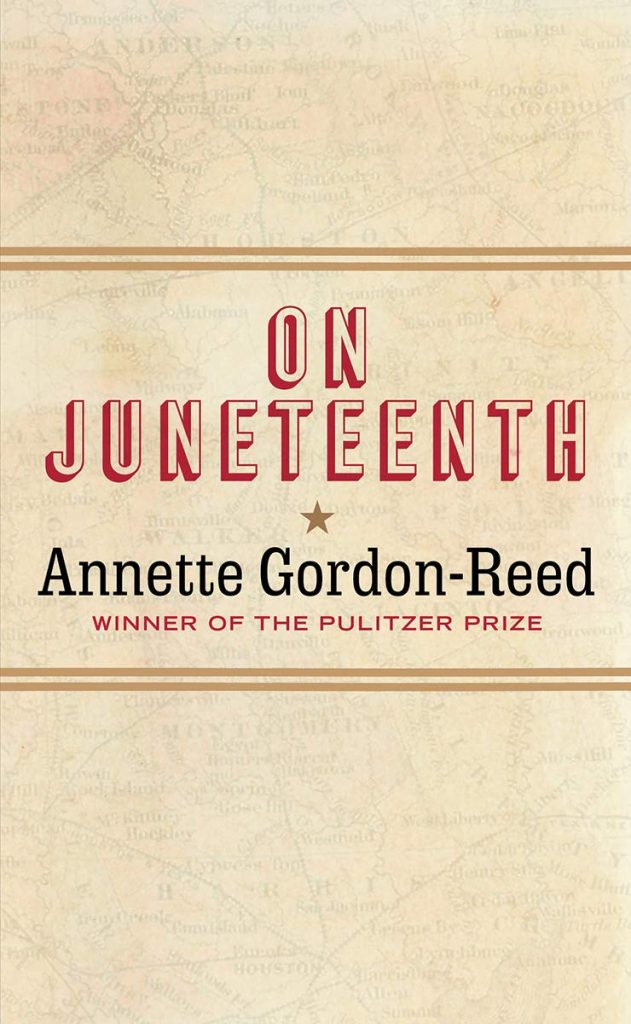In the wake of the February 24th 2022 Russian invasion of Ukraine, the ultimate rejection of reason (and of international law) which had been preceded by weeks of diplomatic initiative (and hectic) in response to the unpredictable and irrational arguments and demands of President Putin, the reality of a new situation now existing upon this continent has firmly taken hold in the hearts and minds of many here in Germany. A reality that has, in only a matter of days, seen this country abandon many of the principals – not always principled one has to say – which have guided its defense and security decision-making processes since (at least) the end of the Cold War and Reunification.
As one who has only lived in Germany during times of peace and relative economic and political stability – granted, often disturbed by, amongst other things: financial crises and economic fluctuations, contrary continental folk (EU) and even more contrary island folk (Brexit), populist politics, climate change, and during the last two years, the pandemic, but all seen as irritations of various degrees of magnitude that were all somehow manageable – I now find myself struggling with uncertainties and scenarios I had not previously entertained.
German angst is a stereotype of course, but even as such is strangely contagious. The abstract nature of distant conflicts can gain in nearness with every iteration of “just two flight hours from Berlin”. As though Kyiv was something other than two hours from Berlin last week, last year, in 2014 …
How often have I reacted with barely disguised annoyance at the prevalent rhetoric in Germany on any and all matters military, resplendent as they are in phrases such as “given our history…”, “never again …”, at the monumental hypocrisy of allowing an arms industry to arm the rest of the world but not themselves and of imposing sanctions against Russia’s territorial aggression whilst at the same time extending economic cooperation (and refusing to recognize the geopolitical implications!), and a willingness to accept the security afforded by the US presence at home but a reluctance to fulfill their role as ally abroad. And, sometimes my reaction took a milder turn; simply to accept that my socialization at the other end of the world (where “duck & cover” was an unknown exercise) made me less sensitive to “the near and constant dangers” – and hot air – of the Cold War, and my failure to accept the accompanying relief and good will at its end, and just quietly wondered aghast at the German “naivety”. In the last days that word has often been taken out of my mouth, as the belatedly self-reflective identification of a “certain naivety” has found wide echo in all corners of the political spectrum, the media and, seemingly, amongst the volk.
No, I didn’t want to be right about these things, and I didn’t want to write about these things – but maybe I will have to. Yes, there is some measure of guilt attached – too much time spent foraging about in this rarefied world that I have created for myself; a space that then seems, in times such as these, too constrained and inconsequential … or just plain too small.
Of late I have been watching (again!) the hit US political drama from the noughties, The West Wing. Years not so long gone one would think, but in terms of the radically changed (and changing) face of media delivery and consumption, seemingly from a distant epoch. (My viewing observations include: firstly, in style already dated perhaps, but not not necessarily in substance – the more things change, the more they stay the same; and, secondly, a veritable minefield of political incorrectness to be excavated – a playground for ‘woke’ warriors of whichever persuasion!) When all else fails and the proverbial shit hits the fan, Leo will say something along the lines of: “Excuse me, Mr. President, we have a situation”, and with Jed in tow, or vice versa, together they march – or à la Aaron Sorkin ‘walk & talk’ their way – to the closeted security of the “sit. room”. So, it may well be, when I need to have my say on any new and what CNN would refer to as developing situation, I’m to be found in my very own more domesticated version of the Sit(-ting) Room (accessible from the top menu).

